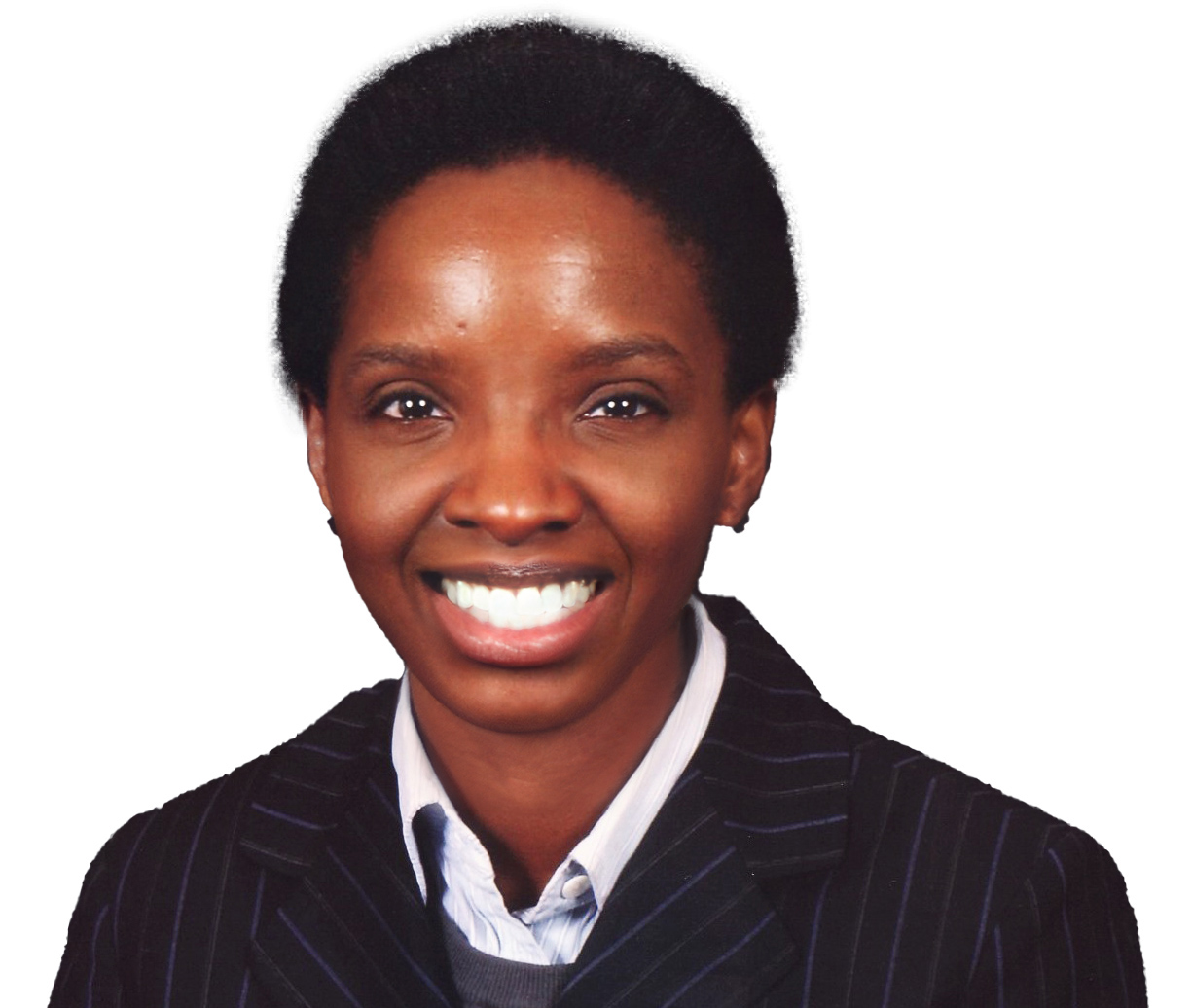Carolyn Sangokoya, MD, PhD
 Adjunct Instructor, Pathology
Adjunct Instructor, Pathology
Overview of journey at UCSF:
I came to UCSF for residency in Anatomic Pathology as part of the Physician-Scientist Pathway and completed post-graduate clinical training with fellowships in Surgical Pathology and Gastrointestinal/Hepatobiliary Pathology. Following clinical training, I completed postdoctoral research in stem cell and regenerative biology here at UCSF with Robert Blelloch at the Eli and Edythe Broad Center of Regeneration Medicine and Stem Cell Research and have accepted an early career faculty position as an Instructor as I prepare to launch as an independent investigator. As a physician-scientist and board-certified pathologist, my clinical interests are primarily in human liver pathobiology and diagnostics for precision-based medicine and regenerative therapies. As a stem cell biologist, my basic science research interests are in dissecting the molecular networks that fine-tune the wiring and re-wiring of cell fates, leveraging genome engineering, quantitative cell biology, single-cell RNA sequencing, imaging, and cytometry to bring us closer to cell-based regenerative therapeutic solutions. In 2020, I founded and now continue to lead the UCSF Women Physician-Scientists Supergroup – a group of now over 70 physician-scientists in 14 clinical departments-- that helps to support, celebrate, and advocate for women physician-scientists bridging science and medicine. Through this group I’ve been able to get to know and learn from fantastic colleagues along similar career paths at UCSF.
What books changed your life?
I can name three books (of many) that have changed my life. The first is Flatland by Edwin A. Abbott- simple, beautiful, satirical social commentary embedded in a novella about geometry. My love for math as a kid started me on this road and an academic life of multiple dimensions. The second is The Big Sea by Langston Hughes- about being out of place, yet realizing how your unique skills and perspectives can put you on the right journey. “Life is a big sea full of many fish. I let down my nets and pulled. I’m still pulling”. The third is a textbook I read in college- Human Molecular Genetics (2nd edition) by Tom Strachan & Andrew P. Read. I just kept thinking—we are still at the beginning of this story with all of these new tools: how can we use this lens to learn more about human biology and disease? Many of those questions are the baselines of what still drive me today both in science and medicine.
What do you like to do outside of work?
I enjoy photography and the natural environment, particularly landscapes. I’m thankful to have been able to travel extensively pre-pandemic, and hope to do so again soon.
Can you tell us about an important role model or mentor in your life?
I’m thankful for the different role models and mentors who have been positive magnetic forces in influencing and impacting my young career as a physician-scientist. At Stanford, Drs. Virginia Walbot and David Katzenstein opened their doors and let me in. At Duke MSTP, Drs. Timothy A. Fields, Salvatore Pizzo, Jen-Tsan Ashley Chi, and Nancy Andrews at different times each helped to light my path forward in navigating key decisions. In my years training as a resident and fellow at UCSF, Drs. Abul Abbas and Linda Ferrell enthusiastically supported the dual work of my transition from residency to clinical fellowship to post-doctoral research. Finally as early career faculty I hope to inspire other young physician-scientists and have even a fraction of this positive impact on others aspiring down this path.
What advice would you give yourself early on in your career? To a woman entering your field today?
- Build a strong network of colleagues and role models, both on the clinical and research sides (or any of your own particular academic/administrative dimensions).
- You don’t have to wait until later in your career to lead, inspire, or advocate for others. Start early, stay dedicated, and support your fellow travelers.
- What you do/discover/build in your own research lab can change the way we practice medicine in the future.
- Keep going! and bring others with you.
Meet other outstanding women of UCSF Health through Our Spotlight.